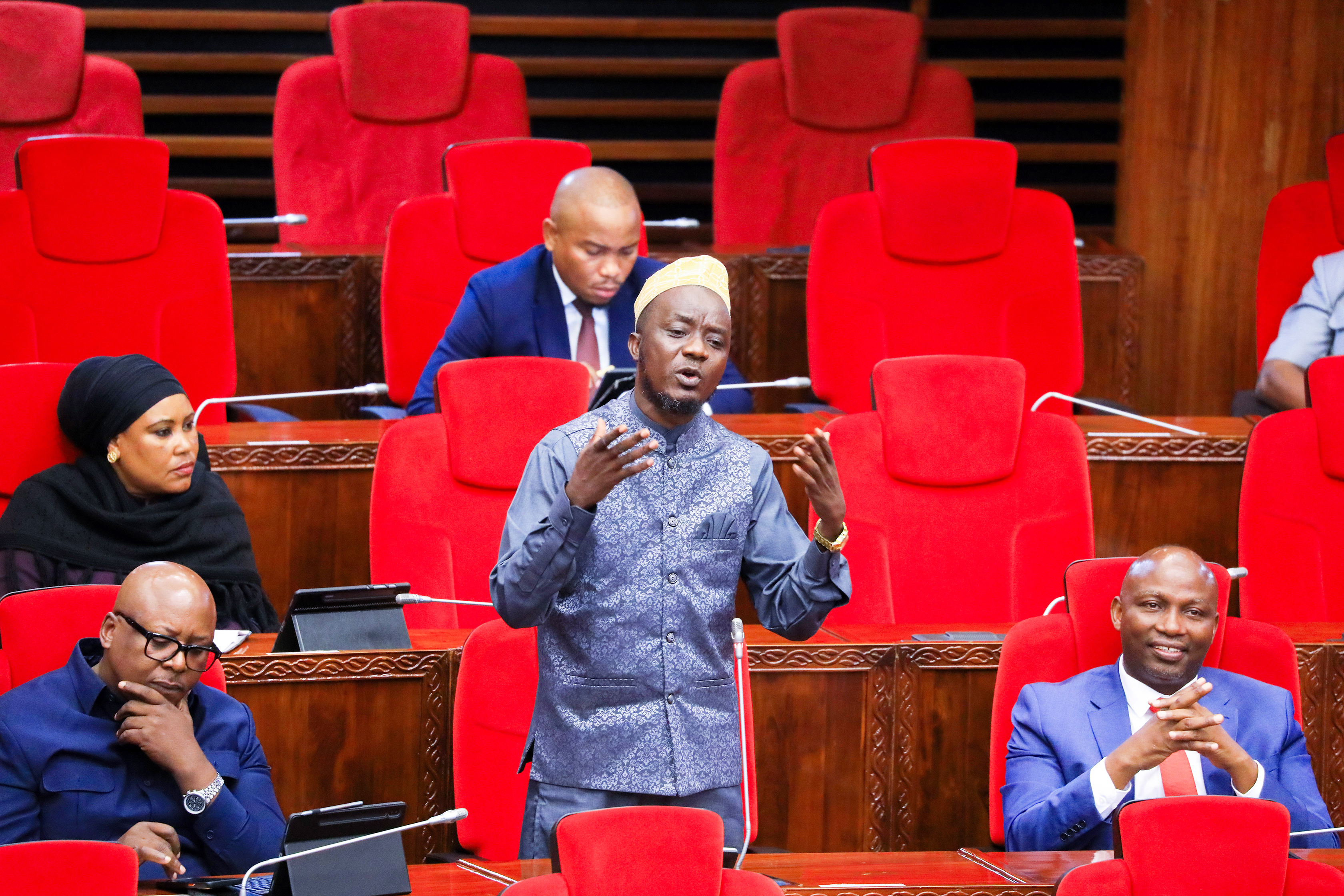Let’s not expect hospitals to waive bills when a patient dies

An inside shot of a hospital room. PHOTO | PIXABAY
What would our loved ones say if they could speak to us before they are interred?
“It is well my loved ones, I have found peace.”
“It was a life well lived.”
“Do not weep, I am no longer in pain.”
“It is time to release me from the indignity of sickness.”
“Oh my children, who will take care of you now?”
“Oh no, I wasn’t done with my business yet.”
The period between death and burial or cremation is one of the most controversial in the existence of the departed. As loved ones mourn, all manner of issues crop up that leave many dumbfounded.
This happens, regardless of the person’s background. People fight over where a person will be buried, how to bury them or who to take part in the burial.
Wives and children come out of the woodwork to claim recognition, and previously unknown children demand DNA samples from the dead to prove paternity. This often leads to prolonged court battles, putting the burial on hold as the matter is arbitrated. While all these incidents are going on, many families continue to grieve without closure.
The fight over the dead points to a belief harboured by many of us that their interment is final.
We do not believe that there can be continued engagement on the departed after the final ceremonial rites have been carried out. Children born out of wedlock will not be officially recognised if they are not accorded that honour during the funeral service. Families will be seen to have “lost” their kin if they do not get to bury him on family land. There is even war about who gets to keep the death certificate!
This cultural setup sets the pace for our financial engagements, spilling right back into matters of debt settlement. Institutions then hold the belief that the most valuable possession for the family of the deceased is the actual body, hence the only way to ensure debt settlement is holding on to it.
Detaining the dead
Unfortunately, the only time the dead’s kin demonstrate unity in facing the bills left behind is before the last rites.
Once these are done away with, the burden is left to the immediate family to resolve. This has paved way for the negative culture of holding onto the dead.
The culture of detaining the dead in hospital mortuaries awaiting the clearance of hospital fees is pervasive across the health sector. It doesn’t just happen in the private sector only. It happens even more commonly in public hospitals.
It is a matter that has raised concern, with some even demanding that parliament passes legislation outlawing detention of bodies. The conversations need to be much broader than dealing with the end point. Hospital bills are devastating families and impoverishing them. It is simplistic to assume that once one has passed on, it is immoral for the hospital to recover its cost of care. Hospital costs will continue to accrue irrespective of the eventual outcome.
To make matters worse, families make irrational decisions, when the health of a loved one deteriorates.
Desperate to do whatever it takes to make the person better, they fundraise to take a terminally ill cancer patient to India, even when it is clear that he will not get better.
This is the nature of mankind. The same family will call upon the same well-wishers to fundraise to bring the body of their loved one back home for burial. What we need are solid, continuous conversations around this sensitive issue.
All of us are potential healthcare debtors. Universal health coverage alone will not cure this. There is need for a mind shift. It is possible to have clear processes that allow hospitals to recover their costs without taking away dignity even in death!




